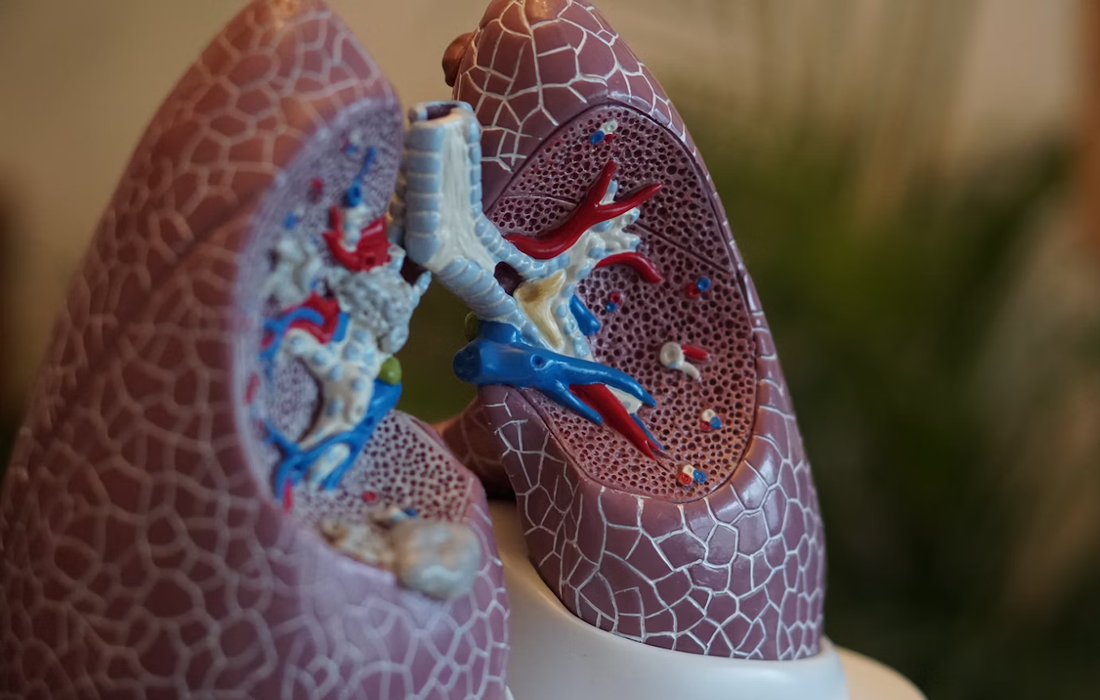Research from the lab of cancer biologist Tuomas Tammela, MD, PhD shows that some lung cancer cells retain a “memory” of the healthy cell where they came from — one that might be exploited to make an emerging type of lung cancer treatment called KRAS inhibition more effective. The study looked specifically at lung adenocarcinoma, […]
Author Archives: Karely Vega, MD
Researchers at the University of Wisconsin-Madison have identified a protein key to the development of a type of brain cell believed to play a role in disorders like Alzheimer’s and Parkinson’s diseases and used the discovery to grow the neurons from stem cells for the first time. The stem-cell-derived norepinephrine neurons of the type found […]
Common oral infections, periodontal diseases and caries, are associated with inflammatory metabolic profiles related to an increased risk of cardiometabolic diseases, a new study by an international team of researchers suggests. Oral infections also predicted future adverse changes in metabolic profiles. The association between oral infections and adverse metabolic profiles was observed in the Finnish […]
Vitamin B12 is a well-known micronutrient that has long been acknowledged for its essential role in maintaining nerve function, supporting red blood cell production, and facilitating DNA synthesis, all vital processes for overall health. Researchers led by Dr. Manuel Serrano at IRB Barcelona have now revealed that vitamin B12 also plays a pivotal role in […]
Cancer stem cells cause the aging of macrophages in mice with healthy immune systems, creating conditions for the formation of tumors. Cancerous tumors consist of a mixture of cells, the most important of which are cancer stem cells. These cells are capable of establishing new cancerous tumors by evading the immune response. Research has focused […]
High-salt diets are commonly associated with increases in blood pressure and risk of cardiovascular mortality, even among individuals with healthy blood pressure. Cardiologist Dr. Bradley Serwer, chief medical officer at cardiovascular and anesthesiology services provider VitalSolution, said: “For the general population, it is recommended to have a sodium intake of under 2300mg per day. For […]
A new study at Columbia University has found that shortening sleep by just 90 minutes for six weeks increased insulin resistance in women who are accustomed to getting adequate sleep. The effect was even more pronounced in postmenopausal women. The recommended amount of sleep for optimal health is between seven and nine hours per night, […]
Exposure to ultrafine particles from traffic alters the expression of many genes in human olfactory mucosa cells, a new study shows. The study, led by the University of Eastern Finland, is the first to combine an analysis of emissions from different diesel fuels and exhaust after-treatment systems with an examination of their effects in a […]
Slumbering among thousands of bacterial strains in a collection of natural specimens at The Herbert Wertheim UF Scripps Institute for Biomedical Innovation & Technology, several fragile vials held something unexpected, and possibly very useful. Writing in the journal Nature Chemical Biology, a team led by chemist Ben Shen, Ph.D., described discovery of two new enzymes, […]
Fasting interventions, which involve alternating periods of fasting and refeeding, are generally thought to improve health. But these interventions don’t work as well in old animals. The question is: Why? By studying the short-lived killifish, researchers at the Max Planck Institute for Biology of Ageing in Cologne have shown that older fish deviate from a […]










